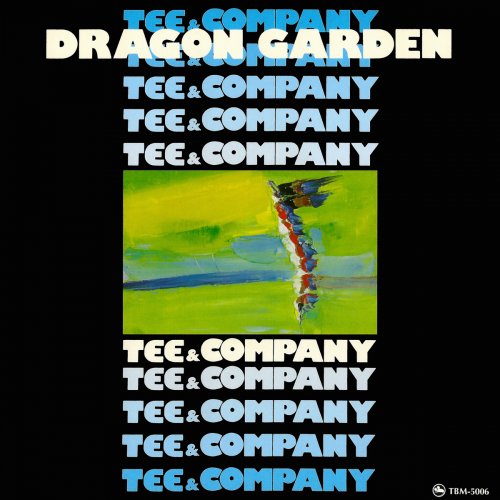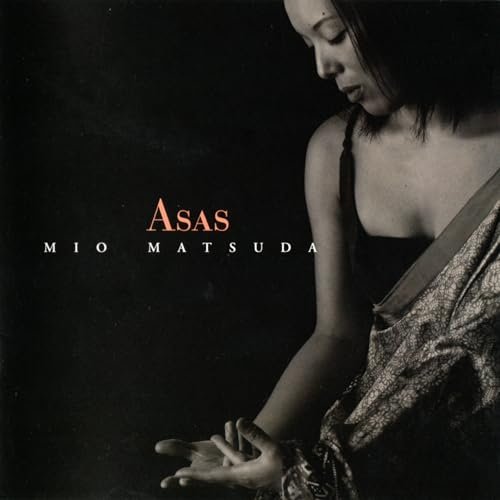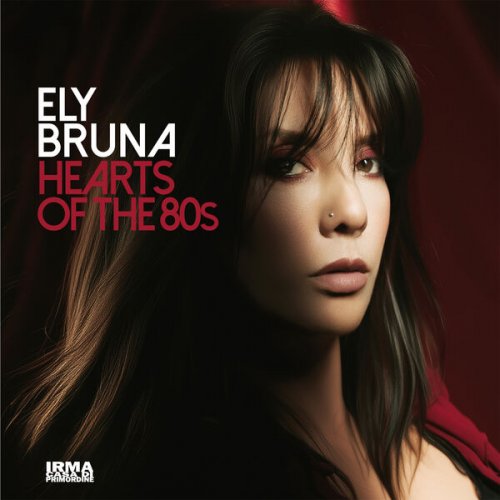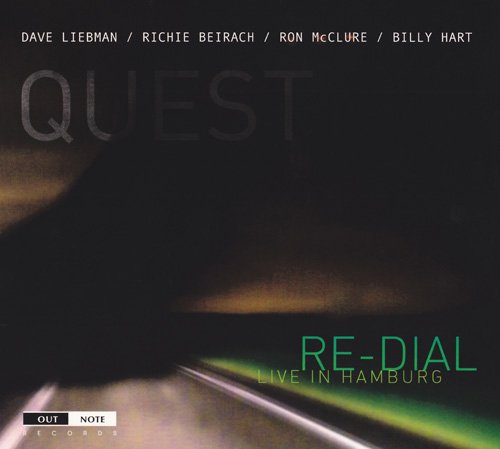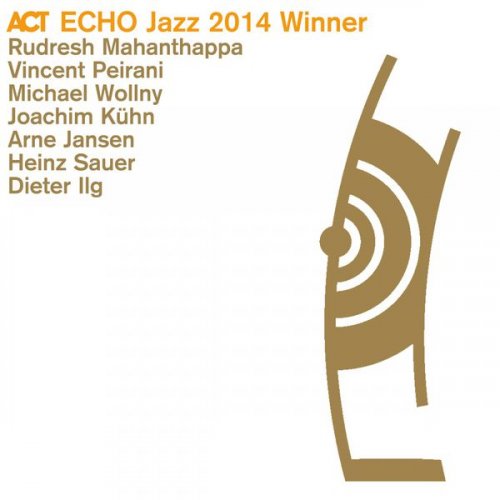Wilby - Center of Affection (2025)

Artist: Wilby
Title: Center of Affection
Year Of Release: 2025
Label: Hit the North Records
Genre: Indie Rock, Alternative, Singer-Songwriter
Quality: 320 / FLAC (tracks)
Total Time: 44:44
Total Size: 105 / 258 Mb
WebSite: Album Preview
Tracklist: Title: Center of Affection
Year Of Release: 2025
Label: Hit the North Records
Genre: Indie Rock, Alternative, Singer-Songwriter
Quality: 320 / FLAC (tracks)
Total Time: 44:44
Total Size: 105 / 258 Mb
WebSite: Album Preview
01. Pleaser (3:44)
02. Spin (3:40)
03. I Don't (3:22)
04. Protection (3:45)
05. Experiments (4:24)
06. Peripheral Vision (2:03)
07. Care (5:09)
08. I Think You're Beautiful (3:13)
09. Body (3:16)
10. Too Late to Save (3:59)
11. Center of Affection (3:43)
12. Hard to Be Loved (4:35)
Wilby, the project by rising Nashville-based indie artist Maria Crawford, releases her highly anticipated debut LP, "Center of Affection." Born from the stream-of-consciousness journal entries she wrote as "morning pages," the album is personal, brave, and utterly beautiful.
Previously, Maria Crawford had attempted to write songs based on concepts or clear prompts, but found her ideas often became vague. However, when she let go of those constraints and allowed her strongest emotions to rise from the depths of her subconscious, she was able to create her most courageous, beautiful, and powerful songs yet. From her morning pages practice of writing down ideas without regard for direction, feasibility, or vulnerability, the songs flowed naturally.
Wilby's songwriting on "Center of Affection" possesses a remarkable precision and clarity, despite its creative source. Since graduating from Belmont College, she's been one of Nashville's most exciting indie artists, and this debut LP fully showcases that talent. Rich and fulfilling both lyrically and sonically, the album radiates a captivating brilliance.
Take "Spin," a raw, intimate rock jam built around intertwining guitar melodies and 16th-note hi-hat patterns. "Crying in spin class, I'm going so fast," Wilby sings. "I've never felt this way before," the song resonates like a film scene—personal yet so clear and thought-provoking. Such rich imagery runs like a vein throughout the album.
Meanwhile, on tracks like "Body," the songwriting leans more poetic, creating an elusive space that reveals a different side of Wilby. Featuring a folk-rock vibe, sung by a volubly acoustic guitar and Crawford's vocal performance that flickers like a long-burning candle, the simple yet scarred chorus resonates: "The body always knows."
Previous projects like 2021's "Translucent Beauty" and 2023's "Happiest Woman" have emphasized and centered desire and longing, but on "Center of Affection," while those impulses are still present, Crawford is more interested in the why behind them.
"While writing this record, I was trying to work with myself," she explains. "I realized I was so disconnected, not only from my childhood but also from who I am now. I needed to understand the 'why' of why I was so disconnected, and to have empathy for myself."
Through the creation of this album, Crawford began to explore her own relationship to attention, how we crave it, and ultimately, the idea that there's no shame in wanting to be seen. "I think this album points to the desires of the inner child we all have—for love from our parents, for care and support from others. I realized that connection comes from feeling seen and supported," she says.
The magic of Wilby, and Crawford's songwriting, is how she elevates personal, specific emotions into universal truths we all share and struggle with. "Center of Affection" is a personal reflection of a universal experience.
Throughout the album, Crawford delves into feelings of dissociation, the attempt to find connection with oneself and the people around us. On "Experiments," a pedal steel wail anchors Crawford's vocals as she sings to her partner, "I feel like in all my experiments, you're the one at the receiving end." There's an inherent discomfort in self-improvement, sometimes at the expense of others. However, Crawford explains, "To love someone is to love the process."
In that sense, "Center of Affection" is itself a process, a snapshot of Maria Crawford's real-time self-discovery as both an artist and a person. "I want to think of this album as a coming-of-age story, a journey of connecting with my younger self and giving that younger self space and validation," she explains. It's through this work that Maria Crawford finally comes into her own as an adult. "I'm trying to connect with my younger self and heal my current self," she concludes.
Previously, Maria Crawford had attempted to write songs based on concepts or clear prompts, but found her ideas often became vague. However, when she let go of those constraints and allowed her strongest emotions to rise from the depths of her subconscious, she was able to create her most courageous, beautiful, and powerful songs yet. From her morning pages practice of writing down ideas without regard for direction, feasibility, or vulnerability, the songs flowed naturally.
Wilby's songwriting on "Center of Affection" possesses a remarkable precision and clarity, despite its creative source. Since graduating from Belmont College, she's been one of Nashville's most exciting indie artists, and this debut LP fully showcases that talent. Rich and fulfilling both lyrically and sonically, the album radiates a captivating brilliance.
Take "Spin," a raw, intimate rock jam built around intertwining guitar melodies and 16th-note hi-hat patterns. "Crying in spin class, I'm going so fast," Wilby sings. "I've never felt this way before," the song resonates like a film scene—personal yet so clear and thought-provoking. Such rich imagery runs like a vein throughout the album.
Meanwhile, on tracks like "Body," the songwriting leans more poetic, creating an elusive space that reveals a different side of Wilby. Featuring a folk-rock vibe, sung by a volubly acoustic guitar and Crawford's vocal performance that flickers like a long-burning candle, the simple yet scarred chorus resonates: "The body always knows."
Previous projects like 2021's "Translucent Beauty" and 2023's "Happiest Woman" have emphasized and centered desire and longing, but on "Center of Affection," while those impulses are still present, Crawford is more interested in the why behind them.
"While writing this record, I was trying to work with myself," she explains. "I realized I was so disconnected, not only from my childhood but also from who I am now. I needed to understand the 'why' of why I was so disconnected, and to have empathy for myself."
Through the creation of this album, Crawford began to explore her own relationship to attention, how we crave it, and ultimately, the idea that there's no shame in wanting to be seen. "I think this album points to the desires of the inner child we all have—for love from our parents, for care and support from others. I realized that connection comes from feeling seen and supported," she says.
The magic of Wilby, and Crawford's songwriting, is how she elevates personal, specific emotions into universal truths we all share and struggle with. "Center of Affection" is a personal reflection of a universal experience.
Throughout the album, Crawford delves into feelings of dissociation, the attempt to find connection with oneself and the people around us. On "Experiments," a pedal steel wail anchors Crawford's vocals as she sings to her partner, "I feel like in all my experiments, you're the one at the receiving end." There's an inherent discomfort in self-improvement, sometimes at the expense of others. However, Crawford explains, "To love someone is to love the process."
In that sense, "Center of Affection" is itself a process, a snapshot of Maria Crawford's real-time self-discovery as both an artist and a person. "I want to think of this album as a coming-of-age story, a journey of connecting with my younger self and giving that younger self space and validation," she explains. It's through this work that Maria Crawford finally comes into her own as an adult. "I'm trying to connect with my younger self and heal my current self," she concludes.

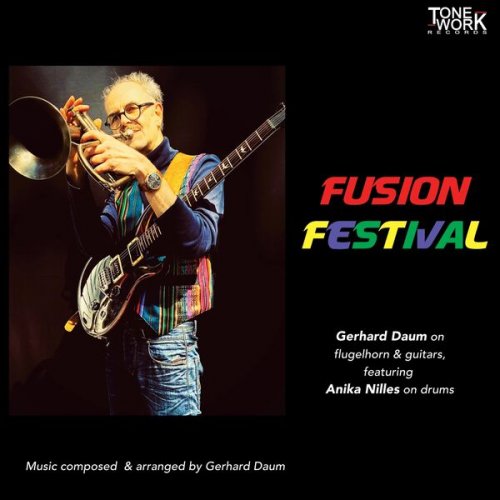
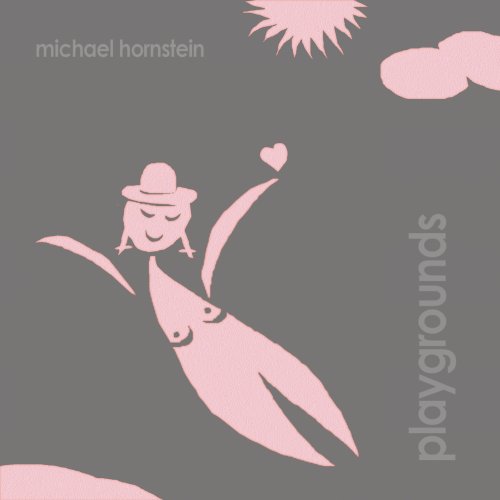
![Marvin Birungi - Soul Vaxnation (2026) [Hi-Res] Marvin Birungi - Soul Vaxnation (2026) [Hi-Res]](https://www.dibpic.com/uploads/posts/2026-02/1771660075_500x500.jpg)
